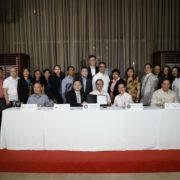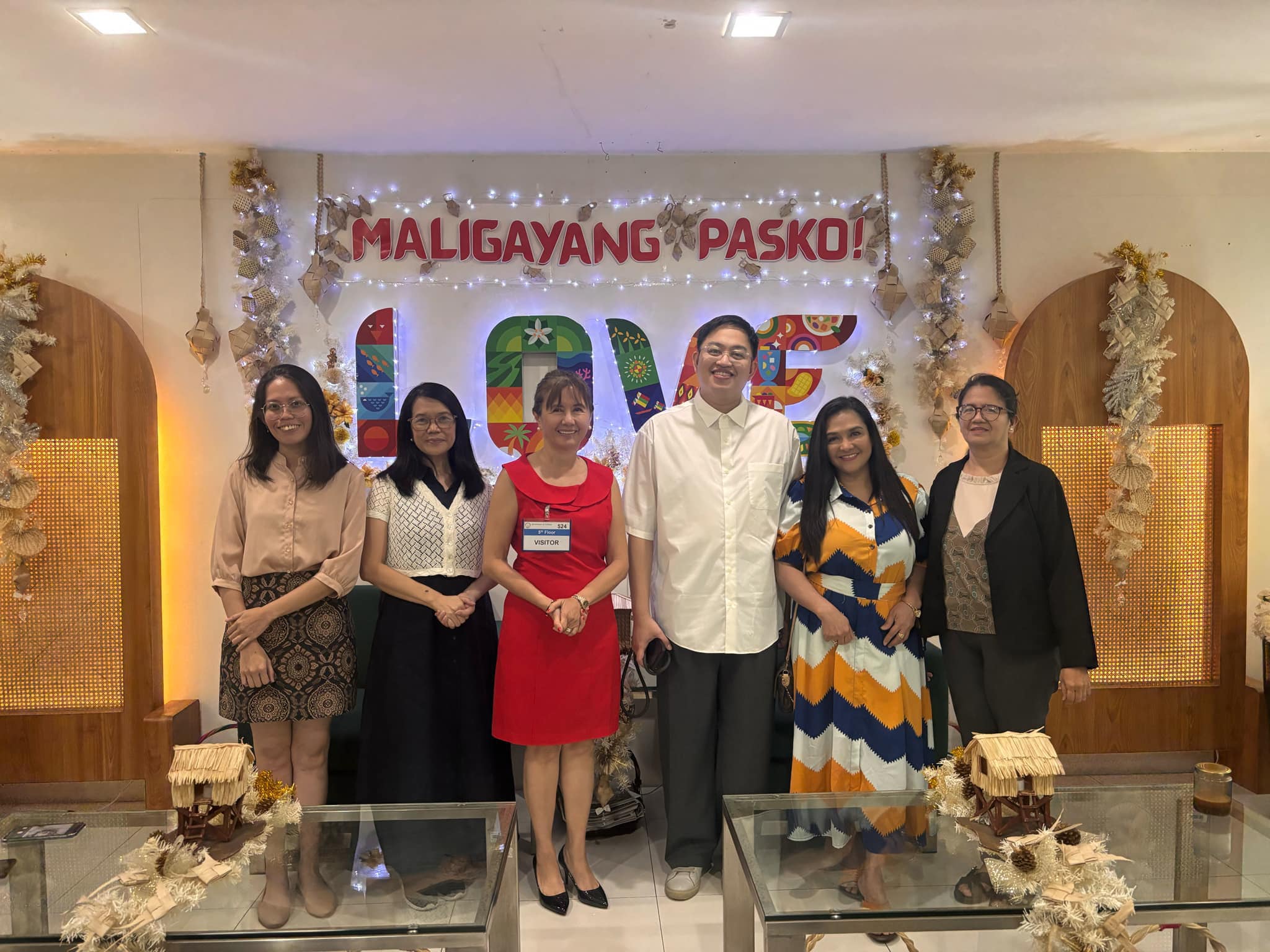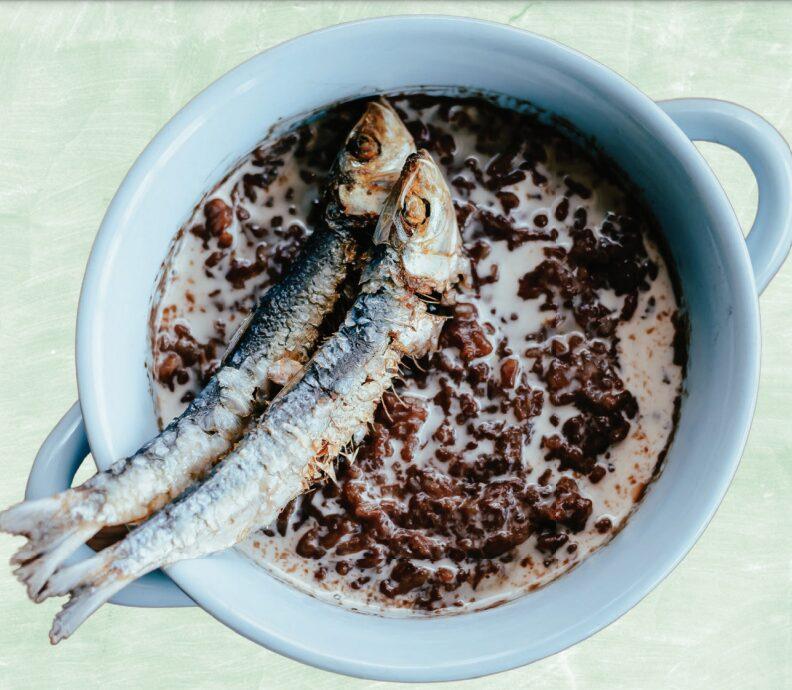
Pasay City — Senator and Senate Committee on Health chair Christopher Lawrence “Bong” Go shared last Friday, February 28, that children suffering from various liver diseases will no longer need to go abroad for liver transplant after a Memorandum of Agreement (MOA) to perform the procedure in the country was signed in Malacañan on Wednesday, February 26.
During a DZRH radio interview, Go mentioned that last year, he and President Rodrigo Duterte joined in the efforts to help babies with biliary atresia undergo liver transplant in India.
“Noong nakaraang taon maraming lumapit sa amin. May mga anak ng sundalo, baby pa at kailangan daw ng operasyon sa liver. Gusto silang dalhin sa India para doon ipa-opera kaya naman pinadala namin doon,” Go said.
Go was referring to Eren Arabella Crisologo from Butuan City and Dionifer Zephaniah Itao from Cebu who are both suffering from biliary atresia.
Biliary atresia is an uncommon liver disease that occurs in infants. It can be deadly if not treated with surgery. Usually discovered shortly after birth, it affects the bile ducts.
The most common type is perinatal biliary atresia. It appears when a baby is less than a month old. Fetal biliary atresia, a rare type, develops while the baby is still inside the mother’s womb.
In June of 2019, both babies Eren and Dionifer had flown together with their parents to Apollo Hospital in India for the needed medical operation.

“May mga lumapit din sa akin sa Taguig, sa Cebu. ‘Yung sa Taguig, naging successful (ang operasyon). ‘Yung sa Cagayan, ‘di nag-survive, anak din ng sundalo. Sa kakahingi ng tulong, donasyon, kawawa ang mga kababayan natin,” he further said, adding that the recent MOA gives liver patients, particularly babies and children, access to liver transplant in the country.
In 2018, Go met Xia Kazumi Ngo from Taguig City who was then suffering from biliary atresia. She underwent medical procedure in India and is in healthier state now. “Meron na rin po kaming natulungan noon, taga-Taguig, and it was a success story. Ngayon po ‘yung bata very jolly, naglalakad, masaya, malusog na po,” Go said.
“‘Pag pumunta ang mag-asawa sa ibang bansa para ipa-opera ang anak nila, may mga anak sila rito na napapabayaan. Walang mag-aalaga. Pagdating sa India, embahada lang ang makakausap nila dun. Kaya naman nakiusap kami sa mga magagaling na doctors na kayang mag-opera at gustong tumulong,” Go said.
Under the MOA, which the Department of Health (DOH) signed with the Philippine Children’s Medical Center (PCMC) and The Medical City (TMC), a consortium will be formed where the government hospital will identify qualified patients for the procedure, the private hospital will perform the transplants and the DOH will reimburse the expenses through the PCMC.
“Hindi nababayaran ang lungkot dahil ang layo ng India at nandito ang mga naiwan mong anak. ‘Yan ang short-term solution natin. Medyo mahal daw dito ng konti, (pero sa tulong ng Malasakit Center), makakahingi ka ng tulong sa iba’t ibang ahensya ng gobyerno,” he added.
Considered to be the most feasible immediate solution, the consortium takes advantage of an existing partnership between the PCMC and TMC and will last until National Kidney and Transplant Institute (NKTI) is capable of solely performing pediatric and adult living donor liver transplantation.
Go also shared that the government plans to further capacitate the NKTI by acquiring equipment for and developing the facilities of NKTI and sending its specialist staff to Kaohsiung Chang-Gung Memorial Hospital (KCGMH) in Taiwan for training. This serves as part of the program’s long-term solution.
“May planong ayusin ang kapasidad ng NKTI, gaya na paglalagay ng equipment at ipapadala mula sa NKTI sa Taiwan ang mga doktor dito para mag-training para mas maging maalam sa pag opera,” he said.
The government will spend P58.1 million for the equipment that NKTI needs and P1.3 million for a batch of twelve specialists who will be trained for one to two months in Taiwan. Each specialist will have to serve at NKTI for two years in exchange for the training.
Go also said that children with liver disease are the primary beneficiaries of the program in the meantime, saying, “Maselan ang operasyon sa kanila. May hindi nagsu-survive. Gawin natin ang lahat para ma-operahan at gumaling sila.”
Asked if the treatment is a hundred percent free, Go said that patients may seek help from concerned government agencies.
“I-assess ng mga agencies sa kanilang kakahayan ang maaari nilang maitulong. Basta huwag silang mawawalan ng pag-asa,” he said.
Based on Go’s previous suggestions, the PCMC will work out a possible assistance arrangement with the DOH through the agency’s Medical Assistance for Indigent Patients (MAIP) Program. The Presidential Management Staff (PMS) will also map out other sources of assistance and arrange a meeting with the Department of Social Welfare and Development (DSWD), Philippine Charity Sweepstakes Office (PCSO), Philippine Health Insurance Corporation (PhilHealth), Philippine Amusement and Gaming Corporation (PAGCOR) and private partners.
Go also said that the patients can avail themselves of the services of Malasakit Centers, one-stop shops that streamline medical and financial assistance from PhilHealth, DOH, DSWD and PCSO.
The Senator added that the signing of Executive Order (EO) No. 104 dated February 17, 2020, which regulates the prices of select drugs, including essential medicines most commonly prescribed to patients, will further lessen the medical expenses of Filipinos.
“Napirmahan na ang EO 104. Dati, may mga medisina na ang mahal, ibinebenta na hihigit pa sa amount nito. Ngayon, meron na tayong (set) price, hindi pwedeng lumampas dito. Balansehin natin ang profit, ang kapakanan ng pasyente,” he said.
EO No. 104 imposes Maximum Retail Price (MRP) and Maximum Wholesale Price (MWP) on “select drugs and medicines totaling to 86 drug molecules or 133 drug formulas” annexed to the order.
The EO also orders representatives from DOH and the Department of Trade and Industry (DTI) to “convene and review” the prices of the remaining 36 drug molecules or 72 drug formulas previously proposed to be included in the MRP and MWP list.
“Healthcare is a right, not a commodity,” Go regularly emphasizes. He also said that he is supporting the initiative to control the prices of select drugs and medicine as “an advocate of universal healthcare access for all Filipinos” and “to ensure that our countrymen and women gain easier access to cheaper quality medicines.”
“Huwag kayong magpasalamat sa aming dahil trabaho namin ‘yan. Pera n’yo ‘yan, ibinabalik lamang namin sa inyo,” he said.
—
Stay updated with news and information from the Office of Senator Bong Go by visiting their website at http://kuyabonggo.ph.






